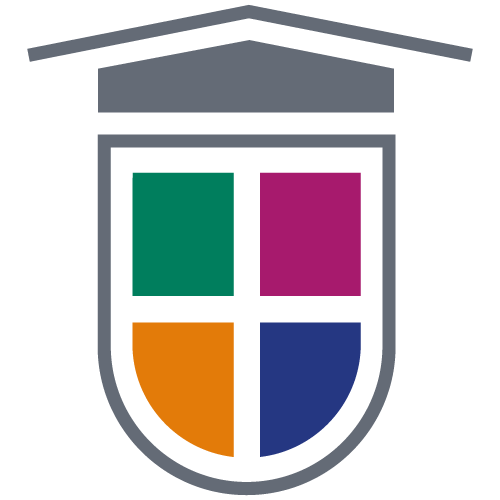
Making Math Fun: Fostering Early Numeracy Skills Through Everyday Routines
Introducing math concepts early on lays the groundwork for problem solving, reasoning, and confidence that lasts well beyond the preschool years. Exploring basic concepts of counting, comparing, and measuring in everyday moments helps strengthen early numeracy skills. Preschoolers learn best through hands-on experiences, movement, and verbal discussions about what they observe. With a few simple tweaks to daily routines, you can turn mornings, meals, chores, and errands into playful math lessons that reinforce early academic concepts while building curiosity and joy.
Simple Routines That Teach
Begin at breakfast by counting strawberries into a bowl or matching one spoon to each place setting. Clap out steps as your child walks to the door, then compare which route took “more” or “fewer” steps. In the car, play “find the number,” spotting numerals on mailboxes or signs and saying them aloud. Bath time offers chance games: line up toy boats from shortest to longest, pour water between cups, and guess which holds more before checking.
Turn Chores Into Mini Math Labs
Setting the table becomes a matching game: one plate, one cup, one napkin for each person, with a quick review of how many are needed if a guest arrives. Sorting laundry teaches classification and counting, from pairing socks to grouping five shirts. At the store, invite comparisons: Which bundle has more bananas, which carton is heavier, how many yogurts go in the cart? These micro-challenges keep attention short, joyful, and meaningful.
Cook, Pour, and Measure
Cooking is a perfect arena for early measurement. Use clear measuring cups, narrate “half” and “whole,” and ask which scoop is larger before demonstrating. Practice ordinal words by checking the recipe’s “first, next, then” steps, and model estimating as you pour cereal: “Do we think this bowl is full or only halfway?” Many of the best preschools reinforce these ideas by embedding measurement and comparison language into play centers and snack prep.
Language That Builds Understanding
Math talk unlocks learning. Name quantities (“three blueberries”), describe relationships (“taller, shorter”), and invite quick visual reads of small groups (“How many crackers do you see without counting?”). In a study by the University of Chicago, young children may hear anywhere from about 1,500 to nearly 100,000 number words in a year, depending on everyday conversations at home. This is proof that small, daily math talk really adds up.
With steady, playful practice, your home becomes a math-rich environment, and confidence follows your child into the classroom. When your home routines echo what the best preschools emphasize, number sense is naturally strengthened, setting the stage for future success. If you are looking for a nurturing program that prioritizes early numeracy, contact Key Point Academy Coral Gables today!
